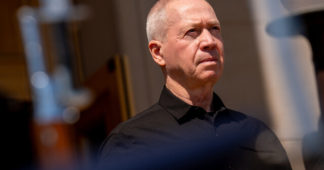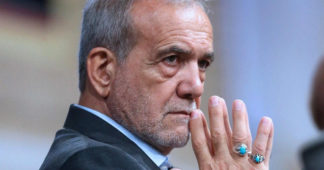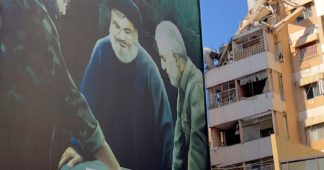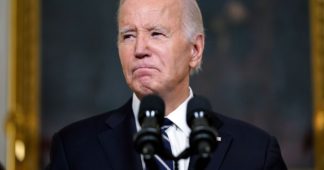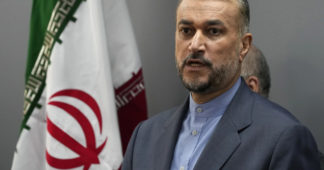Senior Whie House official Amos Hochstein tried to push Lebanese officials to sway Hezbollah against responding to an attack
Aug 1, 2024
Senior White House Adviser Amos Hochstein led a “diplomatic disinformation campaign” and deceived Lebanese officials into thinking Israel would not attack Lebanon’s capital or its southern suburbs, Lebanese daily Al-Akhbar reported on 1 August.
Hochstein “informed officials in Beirut that the Israeli strike would be outside Beirut and the suburbs. He insisted on leaking this information under what he referred to as ‘the success of American diplomacy,’” according to the newspaper, calling the US official’s talks with the Lebanese state a “deception operation.”
The report adds Hochstein was trying to obtain a guarantee from Lebanese officials that Hezbollah would not respond to any potential Israeli attack in response to the strike on Majdal Shams last weekend, which Tel Aviv pinned on Hezbollah as a pretext for escalation.
Hochstein was the first to lead Washington’s contact with Beirut following the killings in the occupied Golan Heights town on Saturday, on the premise that “Hezbollah’s responsibility for the incident is not open to debate,” the newspaper says. This comes despite the eyewitness reports that an Israeli Iron Dome interceptor caused the deaths and the inconsistencies in Tel Aviv’s narrative which continue to emerge.
“Hochstein communicated with Parliament Speaker Nabih Berri and Prime Minister Najib Mikati, practicing a policy of deception by indicating that his country was making a great effort to prevent escalation and convince Israel [not to attack Beirut and kill civilians],” which was exactly what ended up happening.
“Targeting the airport, the suburbs, or Beirut is a red line,” he reportedly said.
He urged the officials to pressure Hezbollah into “swallowing” any attack that Israel may launch and also renewed the US proposal to separate the Lebanon front from Gaza. The US envoy has, since the start of the war, attempted to secure the withdrawal of Hezbollah behind the Litani River so that settlers can return to Israel’s north.
Yet Hezbollah has vowed that it will not stop its operations until the Gaza war ends and that there would be no discussion on the border situation until this condition was fulfilled.
Financial Times (FT) reported on 31 July that the US is racing to prevent a regional war from breaking out after the Israeli strike on Beirut, which killed Hezbollah’s most important military leader, Fuad Shukr, and Tel Aviv’s assassination of Hamas chief Ismail Haniyeh in Tehran.
“The talks were focused on convincing Tehran to either not respond or to carry out symbolic action, after Israeli diplomats told western interlocutors that their military did not plan further operations,” it cited officials as saying. Iran has vowed a harsh response to the illegal assassination on its territory.
According to the New York Times, the retaliation has already been ordered.
Before the attack on Beirut, western media reported that Washington was urging Tel Aviv not to strike the capital.
Hezbollah leader Hassan Nasrallah will make a speech on 1 August and announce the resistance group’s position on the “sinful attack” on Beirut, according to a Hezbollah statement on 31 July
We remind our readers that publication of articles on our site does not mean that we agree with what is written. Our policy is to publish anything which we consider of interest, so as to assist our readers in forming their opinions. Sometimes we even publish articles with which we totally disagree, since we believe it is important for our readers to be informed on as wide a spectrum of views as possible.

